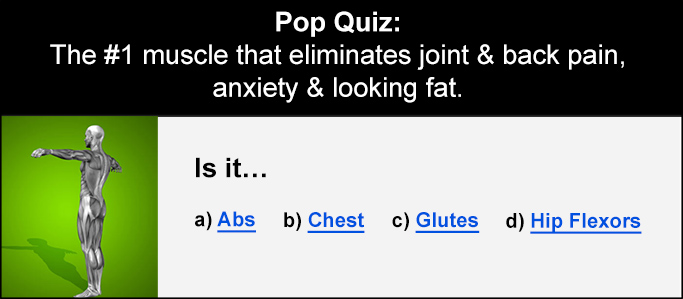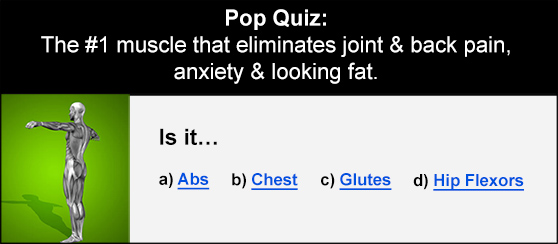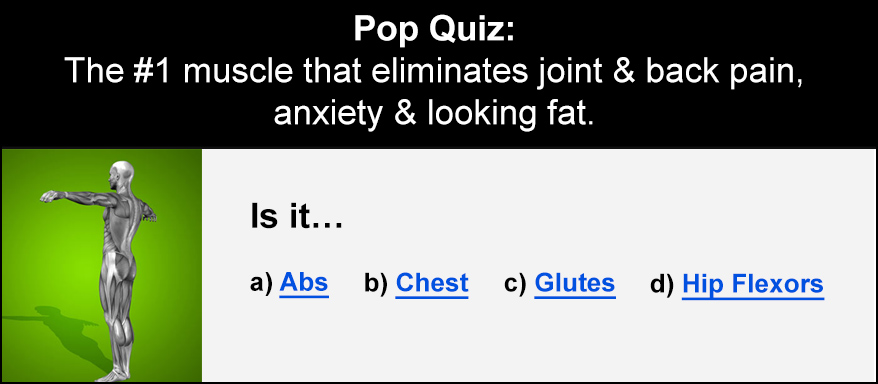
Testosterone is the superstar of hormones – it’s the most well-known and it might be a key player in everything from development to sexuality, but it’s also misunderstood – and many people are living with unhealthy levels without realising it. Today we’re going to discuss testosterone deficiency, how it affects men, and how the causes and fixes match up. Stick with us and you’ll learn some actionable lessons on testosterone, deficiency, and how you can keep yourself up to scratch.
So, how do we understand testosterone deficiency? What is it? How little is too little?
What Are Healthy Testosterone Levels?
Healthy levels of testosterone are 315-1000ng/dl (with an average around 600). These change as you age, so a “healthy” level for a younger man is not likely to be the same into the 30s and 40s. However, keeping levels within the 300-1000 range is going to be essential. During aging, these processes can have some unpleasant side effects. Slowing down the loss of testosterone and addressing deficiency can be range from lifestyle to medical factors. We’ll discuss both, but any positive change is going to bring benefits in the long-term.
What Are The Some of the Issues Associated with Testosterone Deficiency?
What are the problems in real, relatable terms? The sad reality of testosterone deficiency is tied to the range of negative effects it can bring, as well as the severe impacts they have. There are some relatively innocuous, inevitable changes that come with age and decreasing testosterone. The drops seen here include:
- Hair loss
- Changes in the skin
- Increased tendency to hold fat
- Reduced sexual health, potency, and satisfaction
However, some of the more severe changes are likely to threaten quality of life in a more meaningful, medical way:
- Decreased muscle mass, leading to sarcopenia and reduced mobility
- Loss of bone mineral density, associated with osteoporosis and fracture risk
- Increased risk of depression and other mood disorders during the aging process – especially increased suicidal thoughts
- Serious increases to the risk of diabetes and other metabolic-cardiovascular factors
These are serious risks and common causes of death across the board. Women will also suffer some problems with testosterone deficiency, but they tend to be less at-risk and experience far less severe symptoms. Clearly, it’s time to have a think about your hormonal health!
What Causes Testosterone Deficiency?
The causes of testosterone deficiency are varied – but identifying them is key to addressing the problem. These break down into three possible explanations: diet, lifestyle, and medical. When it comes to diet and lifestyle, the best solution is to improve all of the possible contributors. Obviously, medical concerns are more serious and should be dealt with using support from the relevant medical professional. We’ll highlight them, but this is just information – the best solution is a real medical opinion!
Diet
When it comes to diet, a bad diet is a fast route to testosterone deficiency. Testosterone deficiency has a few possible dietary causes or contributors that you should keep your eye out for. Nutrient deficiency is the most likely cause in the diet. This is often the result of poor zinc intake, which is shown to stunt growth in a significant way among men. It’s also possible that low levels of chromium can lead to deficiency. There are other players, such as B vitamins and magnesium, too. Being deficient in any nutrient is going to negatively-impact your overall health and function. Get a nutrient-dense diet and you’ll be able to minimize these concerns and improve your overall health. Fat restriction is another possible cause for testosterone deficiency. The fats in your diet are used in the body to produce sterols – the basis for hormones. These are essential and the presence of all types of fats in the body (both saturated and unsaturated) are essential to keeping testosterone levels up. A balance of high-quality fats like olive oil, fish fats/oils, and coconut oil support regular testosterone levels.
Obesity
Obesity is a single diet-led problem that has a variety of knock-on effects to low-testosterone. Fats aren’t just energy stores. They are also a vehicle for converting other compounds to Estrogen – the key feminising hormone. This is a concern since ratios of testosterone to Estrogen are a key player in the risks we mentioned above. Excessive Estrogen and low levels of testosterone are a he concern for physical changes like gynecomastia (man boobs) and mental health risks in men.
Exercise
Activity levels are key to regulating hormones. This is a simple matter of regular, intense exercise providing a normalising effect on testosterone. A sedentary lifestyle isn’t just going to unbalance your hormones but risk your cardiovascular health and the chance of heart disease. Being inactive is associated with a wide variety of problems from mental health risks to “general morbidity”. If you’re not exercising regularly and you don’t live a very active life, there’s a good chance that your hormones are suffering from it. This means recovery from exercise and stress. Too much exercise or stress without sufficient recovery. will lead to a reduced hormonal state, as well as increased risk of other problems like infection or illness. This means resting sufficiently between workouts, sleeping a minimum of 7/8 hours a day (more hours when younger), and eating enough food to support your activity levels. These are key factors in regulating your wellbeing more-generally, but specifically apply to supporting testosterone and other hormones.

Underlying Medical Issues
There are many medical conditions associated with testosterone suppression or deficiency.If you’re experiencing symptoms of testosterone deficiency while exercising regularly and eating well, it’s likely that you’re experiencing some underlying issue. If this sounds like your situation, contact your medical professional. We can provide information on lifestyle for these benefits, but a 1-1 test and diagnosis will provide you with far more accurate advice.
If you’re reading this, you’re probably on the borderline of seeking a medical opinion. Whether you go down that route or not, you are in control of the lifestyle variables. Making these changes are likely to be beneficial whatever the causes, so a combination is the best choice. However, dealing with your specific problem is the fastest way to gain the best results.
Achieving a healthy weight is one of the most important things to maintain for well-rounded health and wellbeing. Obesity is associated with dips in testosterone and several co-morbidities. A calorie-controlled diet is all it takes to lose weight.
Eat Fat!
Eat high-quality fats. Fat intake below 15% of overall calories is probably an issue. Below these levels, you’re likely to experience negative effects to most hormones – not just testosterone. This is also true if any singular group of fats – saturated or unsaturated – is under-represented. Saturated fats aren’t unhealthy, especially since they’re essential for healthy testosterone levels.
Avoid Vitamin/Mineral Deficiency. Deficiency in any of the following will negatively affect your hormonal health:
Zinc
Magnesium
Chromium
Vitamin D
These are all crucial. Other vitamins are secondary, but you should be taking a vitamin D and ZMA supplement. These provide ¾ of the nutrients mentioned above. Chromium supplementation is also possible, but it is rather rare as deficiencies go. Prioritize these compounds in your diet with nuts, seeds, whole grains, pulses, and other crucial food groups.
Get BUFF!!!
Muscle is useful so remain active. Building muscle is a great way to regulate hormones and support your metabolic health. Muscle is a key player in hormonal health and responds well to better testosterone levels. This is a key part of sustaining the positive changes to your diet/activity levels into the future. Strength training provides long-term benefits. While you can expect a small dip in testosterone levels immediately after intense exercise, the long-term benefits are an increase in growth hormones and a decrease in stress/break-down hormones. Testosterone and associated hormones increase in response to strength training. This is a great way to keep your hormones healthy while combatting the causes of these problems.
While strength training helps to regulate your hormonal health, cardio and endurance training are investments in life-long hormonal health. Things like circulation improvements and a reduction in visceral fat are great for hormonal health. The same response applies here as with strength training: short-term reductions with a long-term benefit. This doesn’t mean running marathons: you just need to elevate your heart-rate for an hour or two a week to see these benefits.
Lifestyle Choices
Testosterone deficiency – at least sub-clinical levels – tend to be tied to your lifestyle choices. This is a great outcome: you have complete control over the things in your life that contribute to overall testosterone levels. This means that these can be solved and improved relatively easily with some effort and planning. Establishing a healthy diet and exercise regiment doesn’t need to be a chore, but it can improve your life in the short-term and long-term.
Whether you’re looking to improve your sexual health, feel more energetic, or avoid the medical risks of testosterone deficiency, the power is in your hands. We’ve provided the key information – now all you have to do is put it to work in your life!







